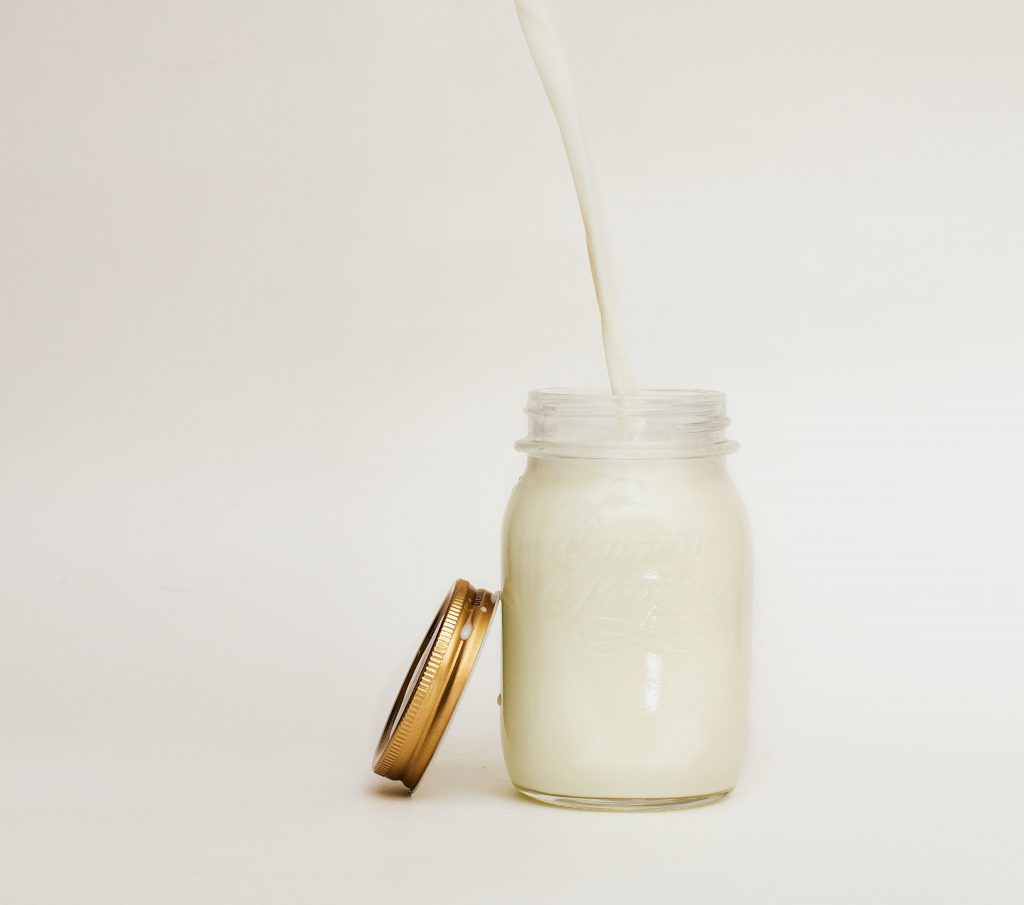All fields are required
Posted in Campylobacter,Food Safety on April 8, 2018

Recently, the CDC reported a troubling outbreak linked to raw milk and Campylobacter infections. With the rise in raw milk sales, the CDC is calling for more governmental intervention in states where raw milk sales are not regulated. Despite the known dangers, many raw milk outbreaks have been kept relatively quiet. However, in the case of raw milk and Campylobacter, the CDC wanted more to be brought to light – even if over a year has passed.
In August of 2016, the Colorado Department of Public Health and Environment (CDPHE) got to know about 2 confirmed cases of Fluoroquinolone-resistant Campylobacter infections among people who consumed raw (unpasteurized) milk from the Hershare dairy. Even though the sale of raw milk is illegal in the state, herdshare programs where a member can purchase a share of cattle is legal and not regulated by any authorities.
Local Public Health Department of the state along with CDPHE started an investigation for the outbreak that led to identification of a total of 12 confirmed and 5 probable cases of Campylobacter jejuni infection. When the pulsed-field gel electrophoresis was conducted for the case, the available isolates were identical with the enzyme Sma. Apart from these 10 cases, there were 2 milk samples (one collected from the dairy and the other from an ill shareholder) that also tested positive for the outbreak strain.
The shocking part was when 5 of the Campylobacter jejuni isolates were sent to CDC for the antimicrobial susceptibility testing, they were found resistant to tetracycline, nalidixic acid and ciprofloxacin.
The shareholders were notified about the Campylobacter outbreak and were cautioned against drinking the milk if the distribution carried on. Drinking raw milk is very risky. The role of public health in implementing any control measures for a product that is well known to be unsafe is not defined.
El Paso County Public Health Department notified the CDPHE on August 23, 2016 about the 2 culture confirmed cases of the C. jejuni infection. The illness is reportable in Colorado. Both the confirmed patients testified to drinking unpasteurized milk from the Herdshare dairy located in Pueblo county. Selling raw milk is illegal but since 2005, joining herdshare programs for obtaining raw milk is legal in Colorado. By buying share of cows or goats, shareholders can get a portion of the raw milk.
Consuming unpasteurized milk is not so prevalent – 2.4% in Colorado according to 2006-2007 FoodNet Population Survey and 3.1% according to 2009 Colorado Behavioral Risk Factor Surveillance System. 2 cases of illnesses with an exposure to raw milk is far more likely to occur by chance. During this outbreak, one person had confirmed case of diarrheal illness after consuming unpasteurized milk.
Cases of the outbreak were identified by the routine passive reporting through follow-up interviews. There was a Health Alert Broadcast to all the area providers and there were attempts to contact the shareholders. When the dairy did not provide the information of the shareholders within 5 days of the initial request, a public health order was issued to obtain the list. Each shareholder received up to three calls. Epidemiologists requested the laboratories to send the isolates from any potential cases related to outbreak to the state public health laboratory.
Of these, 12 confirmed and 5 probable cases of the Campylobacter were identified after 91 (53%) of the 171 shareholder households responded to requests about the follow up interviews. This number represents 207 persons in 5 or more Colorado counties. Here are some further details about the illnesses:
Four of the milk samples were tested for the Campylobacter jejuni. PFGE and pathogen identification were performed for all the available isolates. Two outbreak PFGE patterns namely PulseNet DBRS16.0008 using the enzyme Sma and PulseNet DBRK02.1272 and DBRK02.0028 using the enzyme Kpn were performed and they confirmed C. jejuni in 10 of the isolates that were available at the public health laboratory and out of 2 of the 4 raw milk samples. The National Antimicrobial Resistance Monitoring System also did antimicrobial susceptibility tests on the 5 representative isolates – all of them were resistant to ciprofloxacin, tetracycline and nalidixic acid.
Here are some of the public health responses that were associated with the outbreak:
CDPHE did not close the dairy or barred the shareholders from distribution of the milk even after the milk sample results were positive for the C.jejuni. Without pasteurization, CDPHE cannot raise the standards for safely reopening the dairy. Shareholders were also urged to get rid of any raw milk that is distributed since August 2 and were reminded of the law that bans redistribution of raw milk in Colorado.
The outbreak has most certainly highlighted the difficulties in addressing the outbreak that was related to unpasteurized milk from a dairy. The authorities did temporarily took action to make sure that the milk distribution was stopped. But, CDPHE also could not make the decision about closing the dairy during the outbreak and ensure that milk would be safe in the future. There were no formal recommendation as there was nothing apart from pasteurization that could ensure raw milk safety.
There are also raised concerns about the resistance to the antibiotics which could make the treatment process difficult and last longer. According to statistics, around 25.3% of the US C.jejuni isolates were resistant to ciprofloxacin, it was 21.6% a decade earlier. State-level guidelines for distribution of raw milk from herdshares might assist with the process.
By: Pooja Sharma, Contributing Writer (Non-Lawyer)